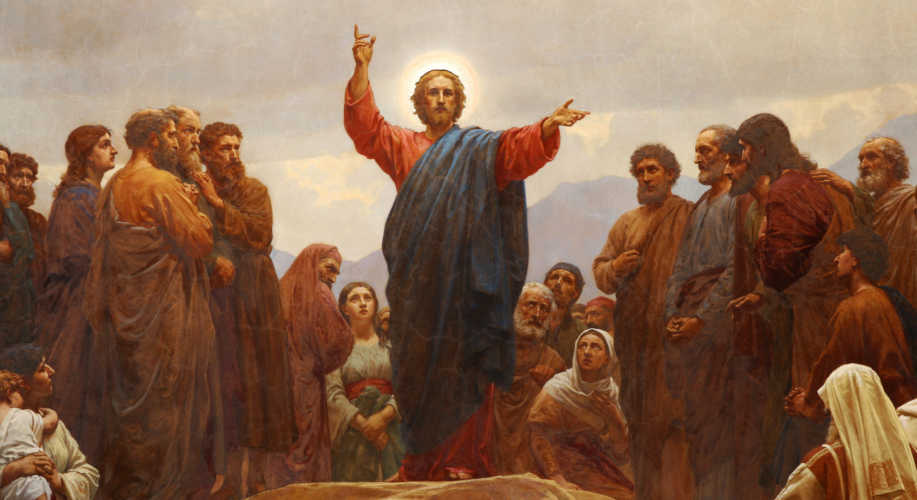
The Western world and its thinking is mainly influenced by the philosophies of ancient Greece, especially when it comes to the understanding of the nature of human beings. Jews did not make any distinction between body and soul like the Greeks did. For Jews, a human being is totally one and inseparable whole. When a human comes into existence, the Jews held that the total being is in existence; likewise, when he goes out of existence, he entirely ceases from existence in death.
Then what will happen when we die? The prophet Isaiah contemplated this question often: “For the dead cannot praise you…Those who go down to the grave can no longer hope in your faithfulness” (Is 38:18). Jewish rabbis later started to teach people that at the end of history, God, through His power, would raise people back to life again. We all will repossess our body.
Paul, after his encounter with the risen Christ, responds to this burning question in a different way. Now, Christ is the key to all his answers. In today’s second reading, Paul goes back to Genesis chapter 2 to elaborate his ideas on death and the after life. Paul compares Adam with Christ – based on their humanity. Adam, by virtue of his creation, is ‘of earth’ and Jesus, by virtue of His resurrection, is ‘of heaven’.
For Paul, the second Adam – Christ – became a heavenly being mainly in His resurrection. Therefore, every human being who dies in Christ shares this life-giving/receiving gift from God. By our birth, we all share in the humanity of Adam. Therefore, the body that we receive is perishable – it is of the world and belongs to this world. When we share the resurrection of Christ, we receive the resurrected body, just like Jesus did, which is heavenly and eternal.
Paul is exhorting us to live our lives modeled on Christ. Though in nature we put on the earthly body (Adam), we must live as if we belong to heaven (Christ). For in our resurrection, we will put on imperishability. In baptism we are ‘already’ given assurance for eternity, but we are ‘not yet’ there. It is in Christ’s death that we are made partakers of the heavenly body.
Today’s Gospel gives us the idea of how to live our lives in Christ here on earth. It asks us to, “Be merciful, just as our Father is merciful” (Lk 6: 36).
–Fr. Ranjan D’Sa

